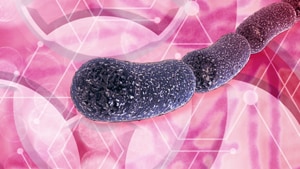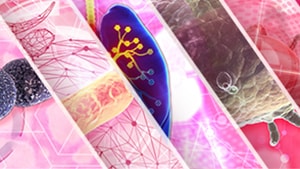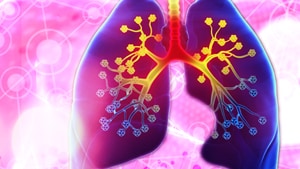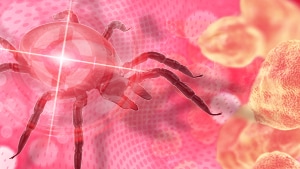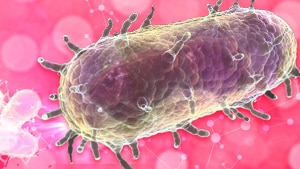Yersinia pestis
This course is part of the Biothreat Preparedness Training Sentinel Laboratories Series.
Description
This course provides clinical laboratory scientists with information about the laboratory identification of Yersinia pestis. The goal is to assist clinical laboratory scientists in better recognizing potential bioterrorism agents they may encounter during routine laboratory work-ups of sputum, blood and aspirate/biopsy specimens. Laboratory managers may consider using this course to:
- Assess staff competency in performing laboratory procedures accurately
- Determine if staff are referring specimens for test confirmations correctly
Objectives
At the conclusion of this eLearning, you should be able to:
- Summarize the basic epidemiology and ecology of Yersinia pestis
- List important aspects of biosafety in working with Y. pestis in the laboratory
- Outline the role of the LRN sentinel laboratory in the detection of Y. pestis
- Apply various laboratory tests that are used to presumptively identify Y. pestis
- Use sentinel laboratory protocols to rule rut or refer isolates for the identification of Y. pestis
Continuing Education (CE)
This course is being revised, so P.A.C.E.® credits are not offered at this time. You may receive a course completion certificate without P.A.C.E.® credits. The revised course will offer P.A.C.E.® credits.
pdf icon
-
CE0
-
Duration1.0 hr

